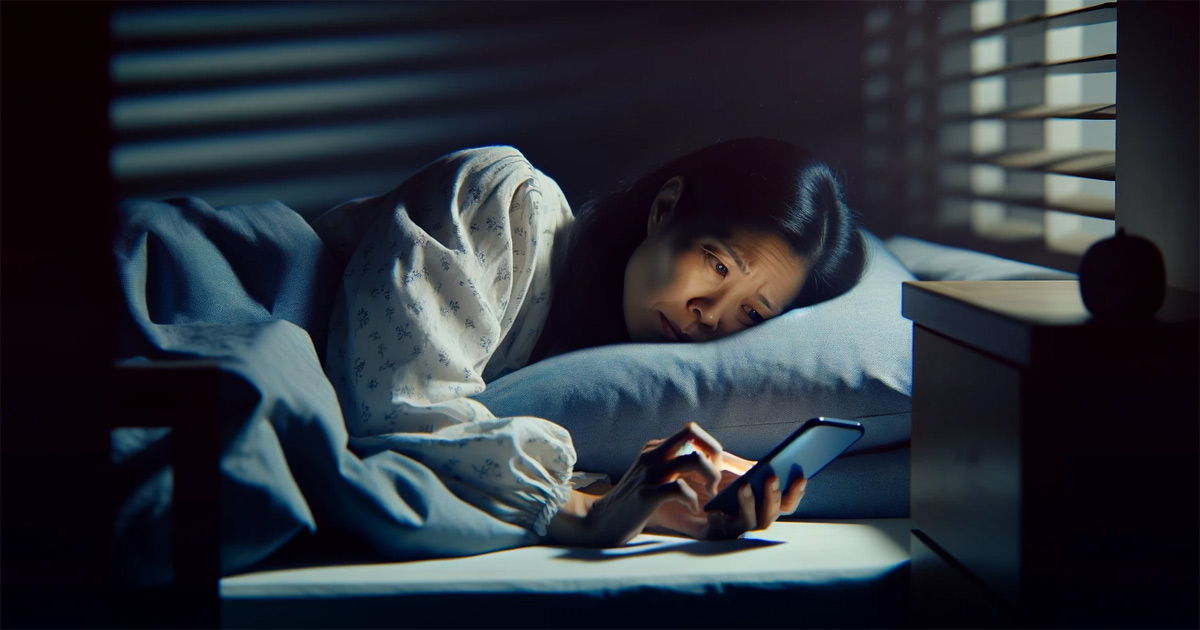It’s said that sleep is the barometer of health. It is one of the most distressing symptoms of anxiety and depression that we see in our clients. Few things are more difficult than wanting to fall asleep, but not being able to.
Our society is taking more of an interest in improving sleep. This is a good thing, as our group awareness of the positive benefits of sleep is becoming more proliferated. Books like Why We Sleep by Matthew Walker are commonly referenced on the Podcasts.
But, how can we improve our sleep if it is getting in the way of life?
We’re so glad you asked!
Here are some evidenced based approaches to improving your sleep.
What is insomnia and how do psychologists help?
Insomnia may include difficulty falling asleep, staying asleep, waking up too early and/or feeling tired during the day.
It is a symptom of various mood disorders like anxiety and depression.
Most Australians experience insomnia at some point in their lives.
Many clients try and deal with their sleep difficulties using approaches that may inadvertently perpetuate these challenges like, drinking a night cap to fall asleep, taking sleeping medication like melatonin for a period of time beyond what is prescribed, watching their smartphone in bed until they fall asleep, napping during the day, or deliberately trying to over-exert themselves just before bed to force themselves to become tired.
One of the most helpful ways that psychologists help improve sleep issues is (1) to help you to understand the unhelpful cycles that led the problem airing, and (2) helping you to try different strategies over time until you find a solution that fits best with you.
Some of these more symptoms specific interventions include things like:
- sleep restriction: reducing the time spent in bed until 85% of the time spent in bed is spent asleep;
- stimulus control: removing activities done in bed other than sleep to break the associated link between bed and being awake; and
- stress reduction techniques: mindful breathing, muscle relaxation, etc.
Cognitive Behavioural Therapy skills can emphasise noticing our unhelpful automatic thoughts so we can generate a more helpful and balanced alternative response. An example of this might be trying unsuccessfully to fall asleep for more than an hour which triggers automatic unhelpful thoughts like:
I’ll never get enough sleep with these tasks looming over me!
I have too much on my plate! There’s no time for rest!
If I don’t finish everything, I’ll fail and disappoint everyone.
It’s important to stop and re-think! A more balanced alternative way of thinking about these thoughts might be:
While the workload is substantial, I can prioritise tasks and manage my time.
It’s OK to ask for help or delegate tasks if needed.
I don’t have to carry the entire workload alone.
Thinking holistically about sleep
In addition to these, taking a step back and viewing the big picture of your life and mental health help to identify where sleep issues find their origin. It’s about taking a big picture view when trying to calm the chaos.
Sometimes the symptoms that prompt a client to visit, are only the beginning. Many people report difficulties sleeping. But, as time passes, broader factors in their life emerge, which have gradually formed the problem. This could be feeling deeply dissatisfied in their career or relationships, past trauma that they had forgotten about but has been lingering in their past, grief that they are still struggling to process, or nagging self doubt.
For more complex sleep challenges, it’s often necessary to work with a multidisciplinary team to work together on the biological, psychological and social components of the sleep problem. This is because the various aspects of the problem tend to negatively interact with each other.
A GP, sleep physician, psychiatrist, and psychologist may be necessary to combat more complex sleep problems. As Matthew Walker notes in his book, some people underestimate the quality or duration of sleep they sustain. However, there is some discussion that some individuals report poor sleep, which is actually sufficient. The most reliable way to determine the true nature of your sleep is a clinical sleep study, which I would encourage you to discuss with your GP.
While challenging, hope remains. Sleep can improve with help.
Take Away
For more information, check out this fact sheet about Cognitive Behavioural Therapy for Insomnia from the Sleep Health Foundation – there’s other helpful free information there, too.
Please reach out and book an appointment with one of our psychologists at Attuned Psychology to get started on improving your own sleep.
Attuned Psychology Team


